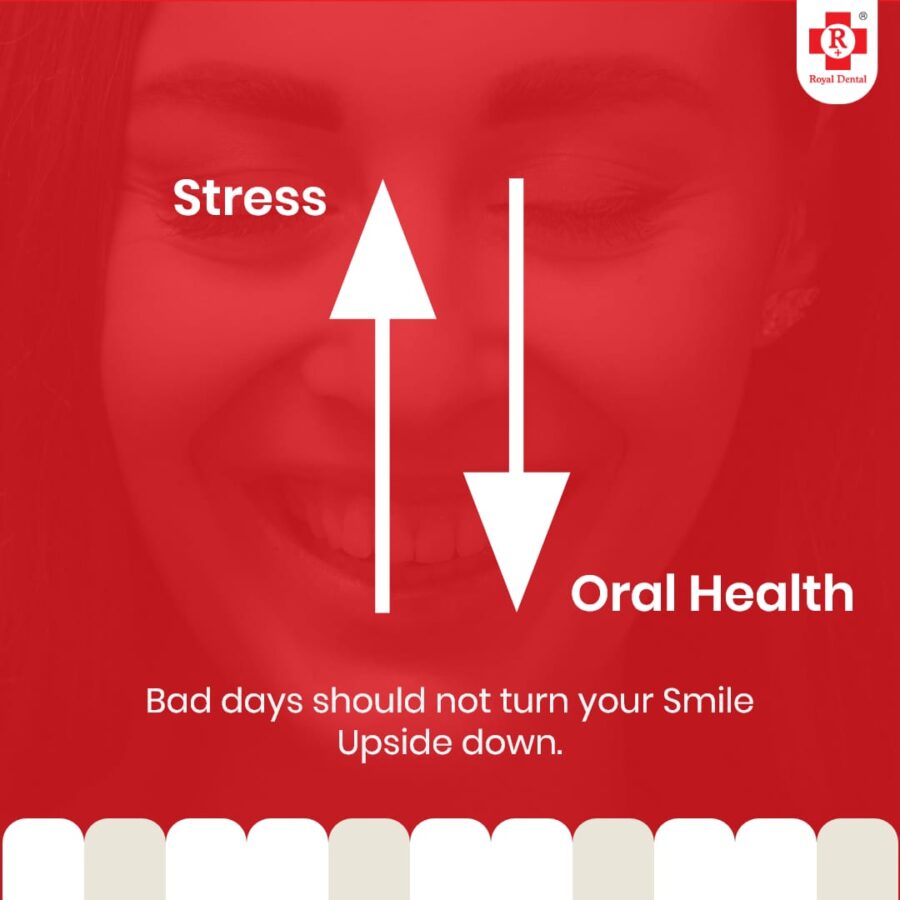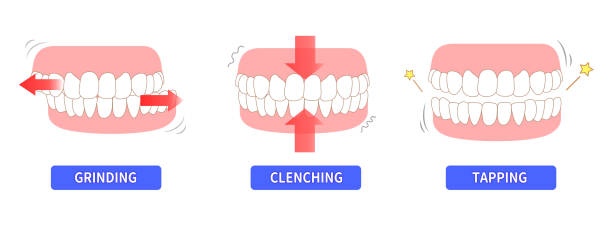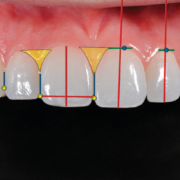Stress can have a significant impact on your health and well-being, but did you know it can also affect your teeth? Chronic stress can lead to grinding your teeth, clenching your jaw, and even impact your overall dental hygiene. If you want to keep your teeth looking good and healthy, it’s important to understand how stress can affect your teeth. This article will give you the information you need to know about how stress can impact your teeth and what you can do to prevent it. With these simple steps, you can avoid the damaging effects of stress on your teeth.
What is the impact of stress on teeth?
Stress can have a significant impact on your teeth and oral health. This increases your risk for tooth decay and gum disease. That’s because stress can lead to certain behaviours that can negatively impact your oral health, including grinding your teeth. Individuals with high levels of stress are more likely to experience dental issues, including tooth sensitivity, teeth grinding and clenching, dry mouth, and receding gums.

While some of these issues can be managed with daily dental hygiene, others may require more intensive treatment. Clenching and grinding your teeth are the most common symptoms of stress-related dental problems. Grinding your teeth is an instinct, and many do it without even realizing it. When you’re stressed, grinding your teeth can be a natural response.
Signs and symptoms of stress-related problems with teeth
If you’re experiencing stress, you may notice some of the signs and symptoms below, related to teeth grinding and clenching. Be sure to talk to your dentist if you notice any of these signs and symptoms.
- Tooth sensitivity: Grinding and clenching your teeth can cause tooth sensitivity, particularly in the upper teeth. If you notice sensitivity in your teeth when they are exposed to hot or cold temperatures or a sweet beverage, you may be grinding your teeth.
- Tooth wear: Grinding and clenching your teeth can cause tooth wear, which can lead to sensitivity, cavities, and tooth fractures.

- Cracked fillings: If you have fillings in your teeth and you grind and clench your teeth. You may end up cracking the fillings, which will make your teeth more susceptible to bacteria and decay.
- Receding gums: Chronic stress can lead to receding gums. It can make your teeth more susceptible to bacteria and tooth loss.
Causes and risk factors of stress-related dental problems
Stress can cause a variety of changes in your body, including impacting your oral health. When you’re stressed, your body produces cortisol. Over time, chronic levels of cortisol can cause inflammation. It can lead to dental issues, including receding gums and tooth loss. Tension and fatigue can cause you to clench your jaw, which can wear down your teeth and lead to tooth loss.
Stress can impair the immune system, which can lead to more frequent bacterial infections, including periodontal disease. When your gums are infected, they can pull away from your teeth, exposing the roots and making your teeth more susceptible to tooth loss.
Treating stress-related dental issues
If you’re experiencing chronic stress and notice symptoms of tooth damage or infection, visit your dentist. Your dentist can perform a thorough oral exam and cleaning, as well as provide treatment for any issues they find.
▶ Tooth sensitivity can be treated with special toothpaste or dental sealants.
➽ Tooth wear can be treated with special dentures or crowns.
▶ Cracked fillings can be treated with a silver- or gold-coated filling.
➽ Receding gums can be treated with an antibiotic.
▶ Tooth loss can be treated with a dental implant.
If you notice symptoms of tooth decay or cavities, your dentist may recommend a deep cleaning to remove plaque and tartar from your teeth. You may also want to consider taking an anti-inflammatory medication, like ibuprofen, to help manage your pain while your gums heal.
Conclusion
Stress can have a significant impact on your teeth and oral health, including increasing your risk for tooth decay, gum disease, and other dental issues. That’s because stress can lead to certain behaviours that can negatively impact your oral health. Individuals with high levels of stress are more likely to experience dental issues, including tooth sensitivity, teeth grinding and clenching, dry mouth, and receding gums. When you’re stressed, you may also notice an increase in cravings for sugary and salty foods. It can lead to tooth decay. If you want to protect your teeth from the damaging effects of stress, you’ll want to consider implementing a few simple strategies in your everyday life.






